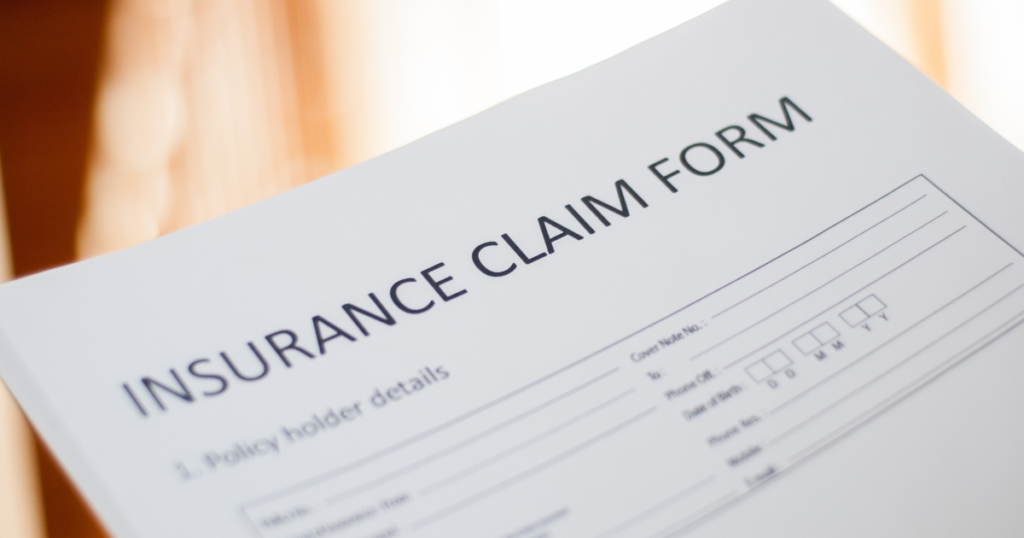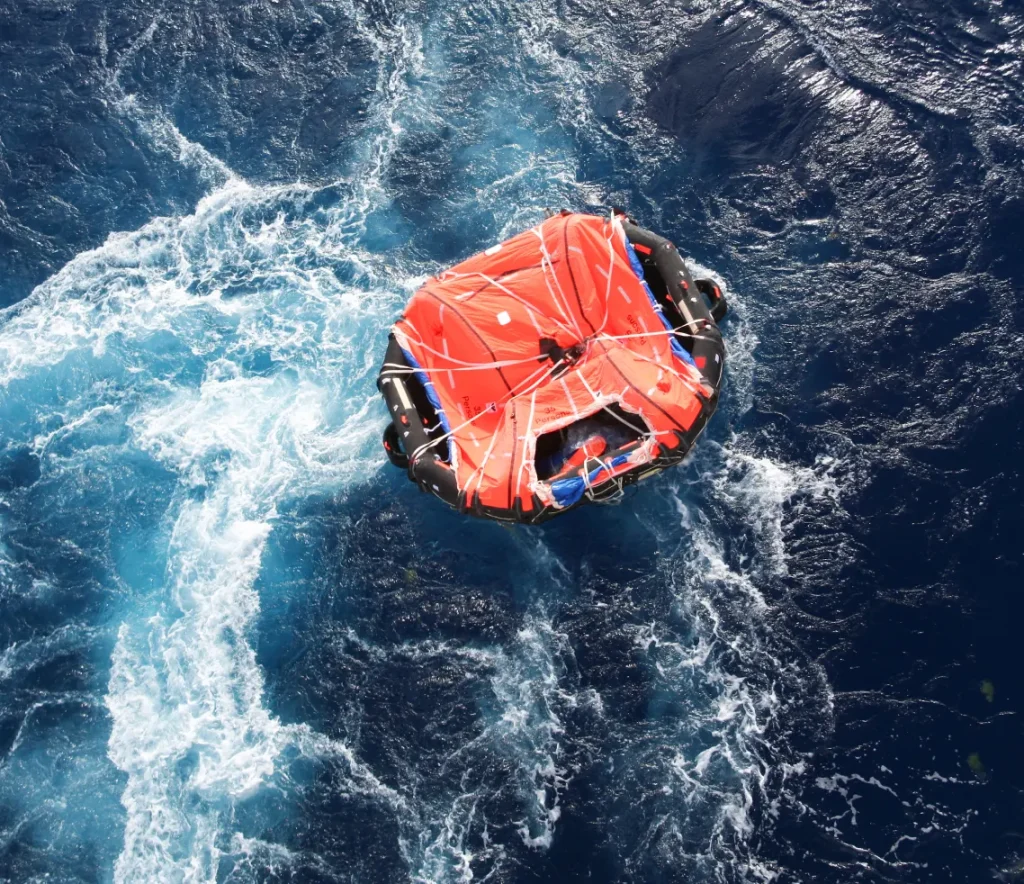In the world of international shipping, few documents are as critical as the ocean bill of lading (BOL). Serving as the contract of carriage between the shipper and carrier, this document not only outlines the terms of the shipment but also plays a crucial role in resolving claims when issues arise. For direct shippers, accurately declaring cargo piece counts on the B/L is vital to protecting their investment and avoiding costly errors.
The Impact of Inaccurate Documentation
One of the most common mistakes direct shippers make is allowing freight forwarders to declare the number of pallets instead of the individual pieces of cargo. Liam, CEO of Arete Adjusting, pointed out how this can negatively impact a shipper’s ability to file claims if something goes wrong. “I’ve seen claims not have their fullest outcome in the event of a loss because freight forwarders are putting the number of pallets, not necessarily the individual pieces of cargo,” Liam noted.
This distinction is crucial, especially considering that a carrier’s liability in ocean freight is often limited to around $500 per package. By documenting the number of pallets, shippers may unwittingly limit their recovery in the event of a claim. For instance, a shipment consisting of 13 pallets may actually contain thousands of individual items (cartons, drums, barrels, etc.), but if the B/L only lists the pallets, compensation in the case of damage or loss will be calculated based on those pallets—not the actual number of pieces.
Avoiding Claims Pitfalls: A Closer Look at Bills of Lading
Accurately identifying the cargo on the B/L is not just about ensuring proper liability coverage; it’s also essential for meeting customs requirements. Each country has its own import regulations, and failure to properly count and describe the cargo can lead to costly delays, fines, or even refusal of entry. This is particularly important when shipping high-value or sensitive goods.
For cargo bound for the United States, CBP regulations require the smallest individual unit of packaging be reflected not just on transport documents, but for electronic manifest and admissibility filings to the agency as well.
Freight forwarders are responsible for understanding the specific requirements of each destination country, but direct shippers must also take an active role in ensuring accuracy. While forwarders are often aware of country-specific regulations, they may not always provide the level of detail needed on the B/L, particularly when it comes to itemizing pieces of cargo.
Shippers should be proactive in reviewing the B/L draft before the document is issued. Double-checking that the actual number of pieces—not just the number of pallets—is clearly stated can prevent misunderstandings with customs authorities and reduce the risk of complications down the line.
Practical Tips for Shippers
Based on Arete Adjusting’s experience in handling claims for direct shippers, here are some key steps you can take to protect your cargo:
- Review the Draft B/L: Before your shipment is finalized, carefully review the draft BOL to ensure that the number of pieces of cargo, rather than just the number of pallets, is accurately documented.
- Work with Knowledgeable Forwarders: Choose a freight forwarder that is experienced in navigating international customs regulations. Freight forwarders connected to networks like the WCA are better equipped to handle complex documentation requirements.
- Understand Carrier Liability Limits: Be aware of the carrier’s liability, which can often be limited to a specific amount per package. Ensuring that each piece of cargo is properly accounted for on the B/L can help protect your rights in the event of a claim.
- Communicate with Your Forwarder: Maintain open communication with your freight forwarder to ensure that they understand the specific nature of your cargo and how it is packed, if there are overpacks involved and what quantity is being reported on both documents and in electronic declarations. This includes making sure they are familiar with the customs requirements of your destination country.
By following these steps, direct shippers can better protect their cargo and avoid the risks associated with inaccurate documentation.
At Arete Adjusting, we’ve seen firsthand how small mistakes in documentation can lead to big problems for shippers. Accurate bills of lading are critical for ensuring the proper handling of claims and avoiding delays with customs authorities. By taking a proactive approach and working with experienced partners, direct shippers can safeguard their cargo and reduce the likelihood of costly errors.
If you need guidance on navigating claims or ensuring your documentation is in order, Arete Adjusting is here to help. Our experience in handling claims for direct shippers allows us to provide expert advice and support every step of the way. Reach out today to learn how we can assist with your shipping needs.



